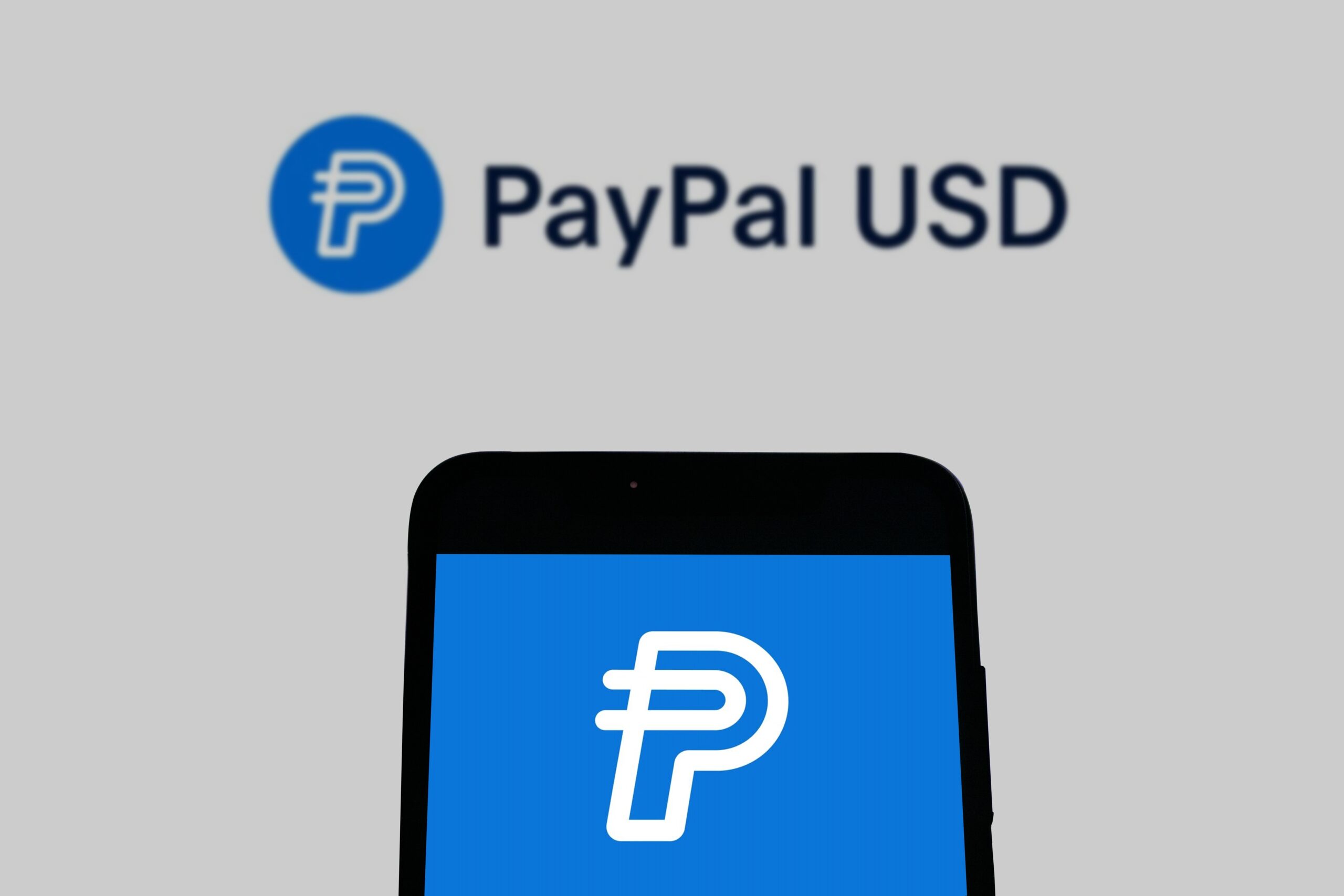PayPal’s stablecoin PYUSD, launched last year with great promise, has recently faced a steep decline in market capitalization, particularly on the Solana blockchain, in the past 30 days. Introduced on Ethereum in August 2023, PYUSD initially gained momentum, reaching a $400 million market cap by May 2024. However, its real growth came after launching on Solana in June.
By Aug. 27, PYUSD’s total market cap had surpassed $1 billion, with Solana contributing 65% of that and Ethereum accounting for the other 35%. PYUSD’s presence on Solana was substantial, representing 16% of the network’s $4 billion stablecoin market at its peak.
Read more: 6 Stablecoins That Are Driving the Sector’s Two-Year High in Market Capitalization
However, the situation has quickly changed. PYUSD’s market cap on Solana has dropped by 42% over the past month, plummeting from a peak of $663 million to just $368 million, as per RWA. The sharp decline has shifted the balance between the two chains, with Solana and Ethereum now each holding roughly 50% of PYUSD’s overall market cap.
One key reason for PYUSD’s early success on Solana was the enticing incentives offered directly by PayPal. To boost adoption, PayPal incentivized users by offering yields as high as 20% for depositing PYUSD. These generous returns spurred rapid growth on DeFi platforms. However, as PayPal reduced these incentives, the appeal of holding PYUSD began to fade.
For example, on the lending protocol Kamino, PYUSD currently offers a 7.5% yield. However, 6.5% of that is still driven by PayPal’s incentives, while only 1% comes from the organic lending yield—indicating that most of it isn’t sustained by the market itself.
This trend is far from new. DeFi platforms have often encountered similar issues with high token incentives, only to see users abandon ship for the next hottest app. Known as “yield farming,” this phenomenon sees users chasing the best returns, often draining liquidity when yields drop. The same issue arises with airdrops, where users accumulate points to qualify, but quickly move on once they receive the airdrop. PYUSD’s situation reflects this broader DeFi challenge of balancing long-term stability with short-term incentives.
Read more: Airdrops Just Aren’t Working Anymore
Despite the recent decline, PYUSD still holds a 9% share of Solana’s stablecoin market—down from its peak but far from insignificant.



